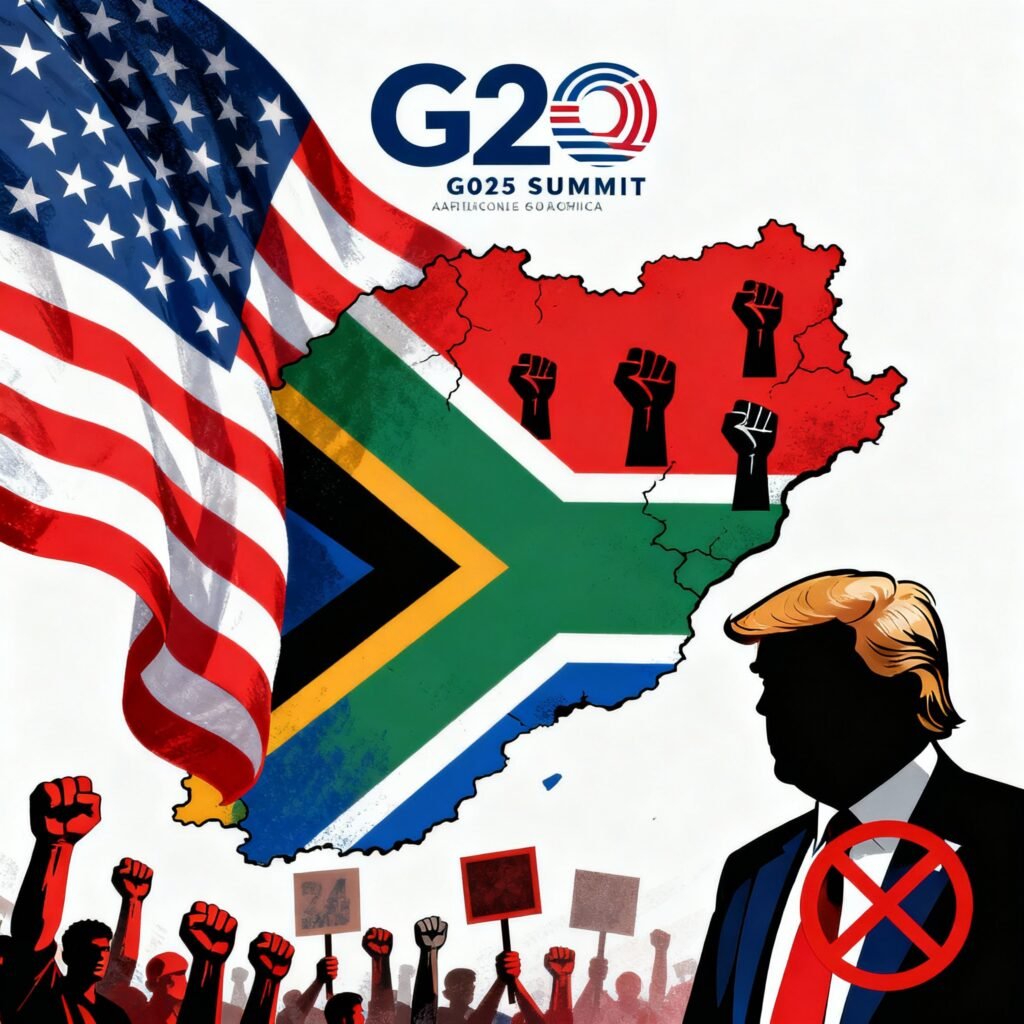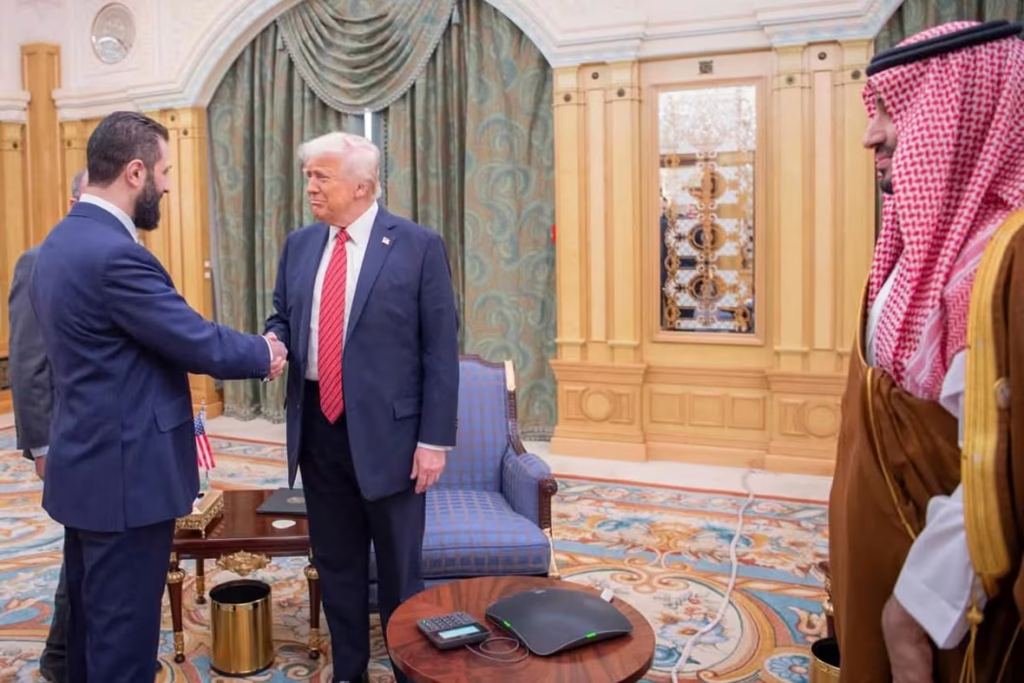The upcoming G20 summit in South Africa, scheduled for November 22-23, 2025, has already drawn global attention—not only for its high-profile agenda but also for a major diplomatic twist. Former U.S. President Donald Trump has announced a boycott of the summit, stating that no U.S. government officials will participate. This unprecedented move marks one of the few times the United States has refrained from attending the G20, raising questions about the geopolitical implications and underlying motivations.
Background: What is the G20 Summit?
The G20 (Group of Twenty) is an international forum for governments and central bank governors from 19 countries and the European Union. It convenes regularly to discuss policies pertaining to global economic stability, trade, climate change, and international finance. The 2025 summit in South Africa is notably the first time the event will be hosted on the African continent, highlighting growing attention on global South economies.
Trump’s Reason for Boycott: Alleged Human Rights Abuses
The core reason Trump has cited for the boycott revolves around allegations of human rights violations in South Africa, targeting the minority Afrikaner white population. Trump and his supporters claim that violent crimes, including farm attacks and land confiscations, amount to persecution or even genocide against white farmers.
Despite these claims being widely disputed and debunked by South African authorities and independent observers, Trump insists that these issues must not be ignored. He referred to South Africa’s hosting of the summit as “a disgrace,” explaining that the U.S. cannot in good conscience send representatives to a country where these alleged violations are ongoing.
Official U.S. Boycott and Diplomatic Fallout
Initially, Vice President JD Vance was expected to attend the summit in the U.S. delegation’s stead, but recent statements from the White House indicate that no American officials will be traveling to South Africa at all. This complete absence signifies a strong political gesture by the U.S., likely intended to signal disapproval without severing diplomatic ties entirely.
The Boycott has already sparked reactions worldwide. South African officials have refuted the genocide claims, highlighting that the socioeconomic conditions and crime affect all South Africans, and that whites still hold socioeconomic advantages. India’s Prime Minister Narendra Modi and other world leaders remain committed to attending, signaling the event’s continued importance despite the U.S. absence.
Implications for Global Diplomacy and Trade
Trump’s boycott carries significant weight in international relations. The G20 summit is where global economic policies often converge, and the U.S. absence underscores increasing geopolitical frictions. Without the world’s largest economy at the table, some analysts warn that discussions on pressing issues such as climate change, economic recovery post-pandemic, and trade agreements may lack the necessary consensus.
Moreover, Trump’s announcement that he plans to take the 2026 summit to Miami exhibits a desire to reassert American influence on its terms, setting the stage for potential rivalry in global leadership narratives.
What Lies Ahead for U.S.-South Africa Relations?
While the boycott is symbolic, it risks straining U.S.-South Africa relations and could influence broader African diplomatic and economic partnerships with the U.S. South Africa’s role as a voice of the Global South on international platforms may also face challenges if support from major powers diminishes.
Conclusion
Donald Trump’s boycott of the 2025 G20 Summit in South Africa is a decisive move filled with political symbolism. By grounding his decision in allegations of human rights abuses, Trump has sparked an international debate that transcends usual geopolitical discourse. The U.S. absence will undoubtedly impact the dynamics of this critical summit and shape diplomatic relations for years to come.


